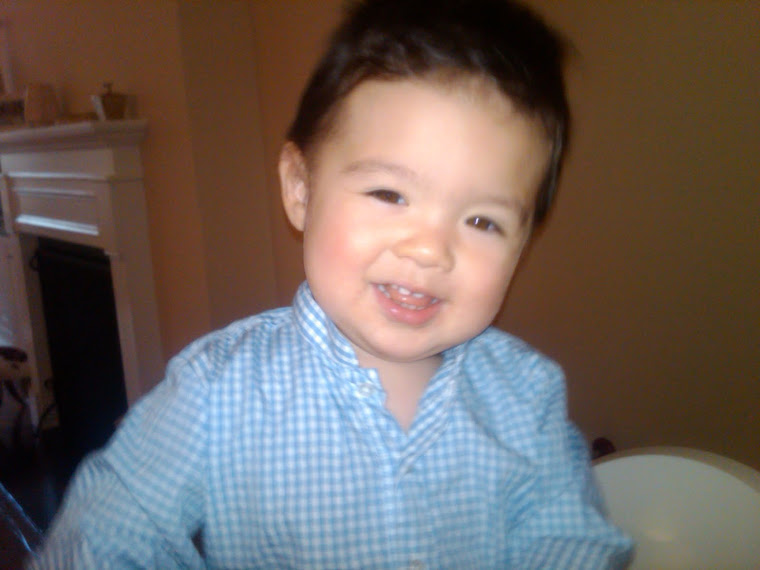As I was watching the news last night I became very upset. At first I thought it was because I was watching images of people's destroyed homes and people who may be without power for weeks to come, but I realized it was something else that irked me. During the last week or so media coverage of Sandy has been everywhere. This is certainly understandable as it was a storm unlike any we had seen in the northeast before. However, the nature of the coverage seemed to be eerily consistent no matter what channel I watched. News outlets simply went from one devastated scene to the next, telling stories of terrible loss and occasionally stories of hope. The thing that bothered me was that very little of what they showed was actually "news". There was often very little practical information about new developments as far as power and shelter. In a typical 30 minute newscast (not including commericials), I felt like there was often no more than 5 minutes of actual stories that could be considered news. To be honest, it often felt like local and national news stations were simply compiling images of destruction to show like a continual slideshow for viewers.
I guess my question is, when is it enough? How many destroyed lives, houses and communities do we need to see to let us know how bad things are? As seems to be the trend in the modern 24/7 news cycle, it is all about the ratings. Media outlets will show us things that will get a rise of emotion out of viewers in order to keep us from changing the channel. Those emotions may range from happiness, sadness, fear, anger or pity.
As I am finishing this post I am just realizing that this connects to chapter 4 of Kelly Gallagher's text. (I am also seeing snow starting to fall outside, great!) He has students evaluate and judge an hour long newscast and seperate the "real" news from the fluff pieces. They find an average of about 6 minutes of "real" news in an hour long newscast. Now I am not saying the devastation of Sandy is a fluff piece, but I think the sad thing here is that media outlets may have used the scenes of devastation in the same way. I may be wrong about this. Maybe, like others, I had spent too much time watching the news coverage and it made me angry/sad simply because of the devastation. I would love to hear some feedback on this one. How did the news coverage make you feel?

I really like this post. I think it could be shaped into an editorial to be put into print. It also reminded me of when Gallagher said that he makes his kids pay attention to the news so they can see how much dribble the nation is fed. I speculate the broadcasters know what hooks viewers. The Weather Channel, for instance, was like oxygen during Sandy. I was in Syracuse and watching for the latest information. I said to my mom, "This channel is evil. They hype the drama so much that it is hard to walk away."
ReplyDeleteThere's so many directions this post can be moved to a unit of instruction.
Keith,
ReplyDeleteI liked what you wrote. Right now, here in Panera Trumbull, I'm sitting next to a payne of glass through which I can view the food court below; and as I look at this glass, I see a reflection; as I look through this glass, I see first a huge hanging Christmas lit/ flickering snowflake; and beyond this snow flake, my view is next intercepted by the word "Trash" on a trash can. I agree with you: a lot of so-called news is total trash!
A few years ago I lived with Cynthia Johnson and Hal Carlstad in Kensington, just outside of Berkeley, California. Hal has since passed -- may he rest in peace. These friends were the most active political activists I've ever met. They hosted events at their Unitarian Church which brought the likes of Medea Benjamin, founder of "Code Pink" and Cindy Sheehan, who led a famous five week protest ouside Prseident Bush's Texas ranch among other activities. They met with government officials in Cuba and Venezuela, and hoped, prayed that the United States become more like these Comnmunist countries, in addition to speaking at protests, leading protests and composing and disseminating literature towards this end.
And they often described the bulk of news on tv as fluff. They would often speak of the military-industrial complex running the United States, and they believd that the fluff existed to protect the illegitimate powerful elites in America.
Some of what they said hurt me: when they spoke highly of Palestine and painted Israel as evil.
When I hear you speak of news as fluff, I certainly see where you're coming from -- Hal and Cynthia taught me how deceptive and sugared-over network/ cable/ other news can be.
Amy Goodman on "Democracy Now" is a pretty good news source, I think. The NewsHour on PBS, I like. There are others. Reading from various news sites in various countries -- as well as reading very local town news sources -- goes a long way, in my opinion, towards putting the puzzle pieces together, and figuring out just what is truly going on in our world!
Thanks Keith!
Ari